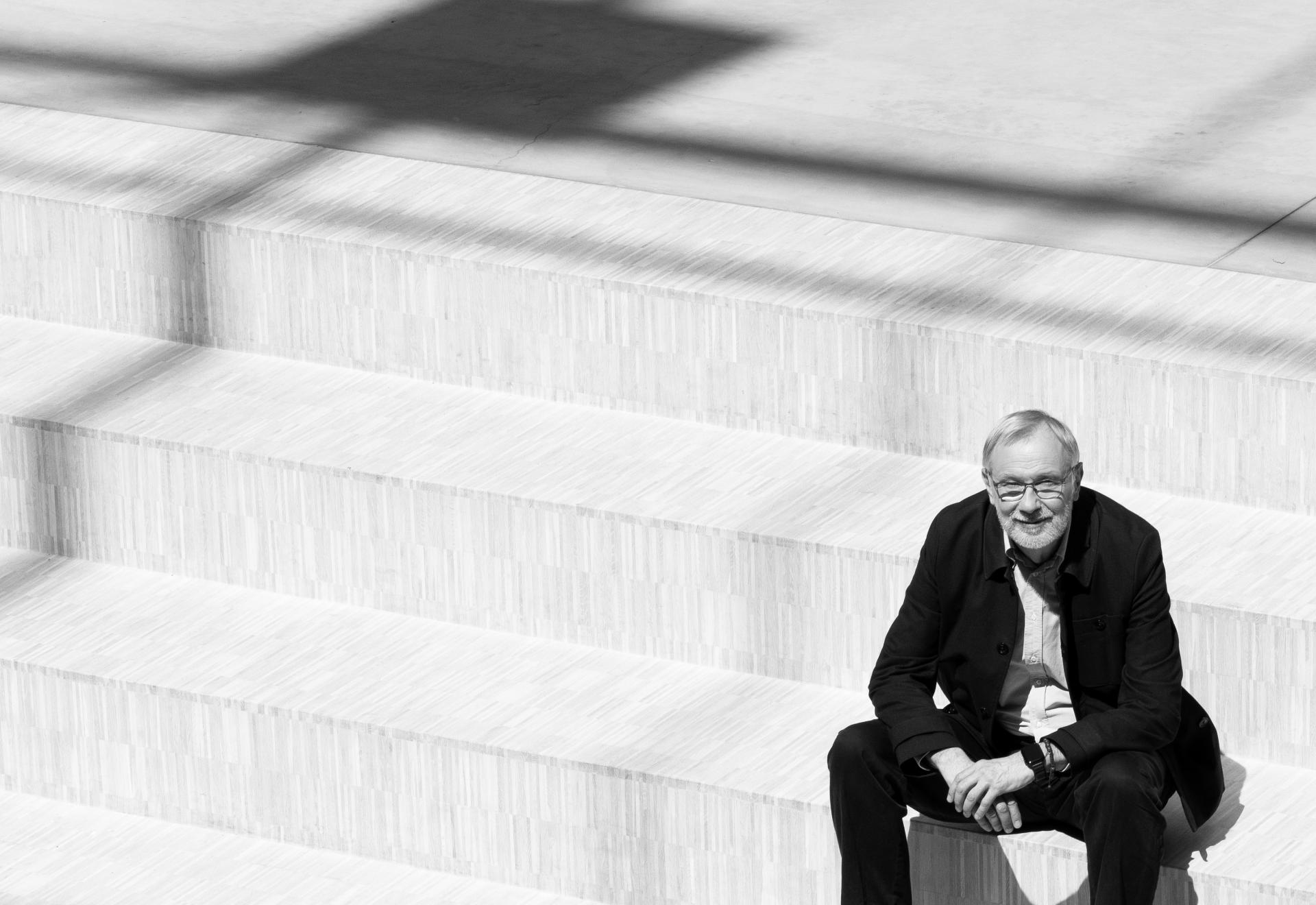Prof. Mārcis Auziņš, Head of the Department of Experimental Physics of the Faculty of Physics, Mathematics and Optometry, University of Latvia (UL).
There is often a belief among scientists that the public should be interested in science because it is so exciting and fantastic, and if the public doesn’t think so, if the public thinks science is boring, then it is the public’s own fault and misunderstanding. According to the professor, the opposite is true: if the public is not engaged, and is not excited, if there is no sense that science is important, interesting and necessary, then scientists themselves have been “sitting in the trenches” and have not been willing or able to speak in such a way that they can be heard and believed.
The professional career of physicist Mārcis Auziņš has always been associated with the UL and is undeniably regarded as a truly successful one, both in Latvia and worldwide. He has chaired the UL Senate, served as Dean of the Faculty of Physics and Mathematics, and Rector of UL. He has served on the Senate of the Latvian Academy of Sciences and the Latvian Council of Science, has been a visiting professor at several universities in the UK, Germany, Israel, Taiwan and the USA, and his monographs have been published by Cambridge and Oxford University Press. At the same time (especially in recent years), the professor has been actively engaged in a wide variety of public and professional communications, using his colourful and vivid stories to show the world of science as infinitely interesting and fascinating, wherever and however they appear – in the lsm.lv portal “Professor Auziņš’ science column” or at various events, discussions and talks at schools and other venues.
The professor reveals that he devotes his time and energy to this communication with the public because, firstly, he really enjoys doing it, and secondly, creating and communicating a story to others allows him to better understand and formulate his own thoughts and ideas. Thirdly, the public needs to be convinced of science as something very creative and diverse, not technical and “formal”.
He also acknowledges that there is often a belief among scientists that the public should be interested in science because it is so exciting and fantastic, and if the public doesn’t think so, if the public thinks science is boring, then it is the public’s own fault and misunderstanding. According to the professor, the opposite is true: if the public is not engaged, and is not excited, if there is no sense that science is important, interesting and necessary, then scientists themselves have been “sitting in the trenches” and have not been willing or able to speak in such a way that they can be heard and believed.
Why does the professor manage this communication so well? Of course, it is life and professional experience, such as that gained at the University of California, Berkeley, and the ability to strike a balance so that the story is both scientifically accurate and “delicious” and engaging. It was important that the message, in addition to telling the story of the science, also told the story of the people and personalities who shaped it.
And a broader and more multifaceted view of the world, which the professor himself has always aspired to, without dividing the world into sciences and humanities, physicists and lyricists. He believes that it is important for everyone to combine both components – creative artistic expression and the structured vision of a natural scientist.
For the professor himself, “expanding the world” is provided by deliberate “side-steps” outside science, as well as outside social and professional frameworks. For example, being on the same stage with his brother in name and surname, the guitarist Mārcis Auziņš.
The professor recognises his moments of satisfaction as a scientist as those when the pieces of the puzzle fit together and the answer, the previously elusive solution emerges. When you realise that you are the first one who has understood it and formulated the answer, and thanks to you, the result is just as it is.
The project "Research Latvia 2024" is implemented within the framework of the ERDF project “Integrated National Level Measures to Strengthen the Representation of Latvian Research and Development Interests in the European Research Area”, No. 1.1.1.5/17/I/002.
